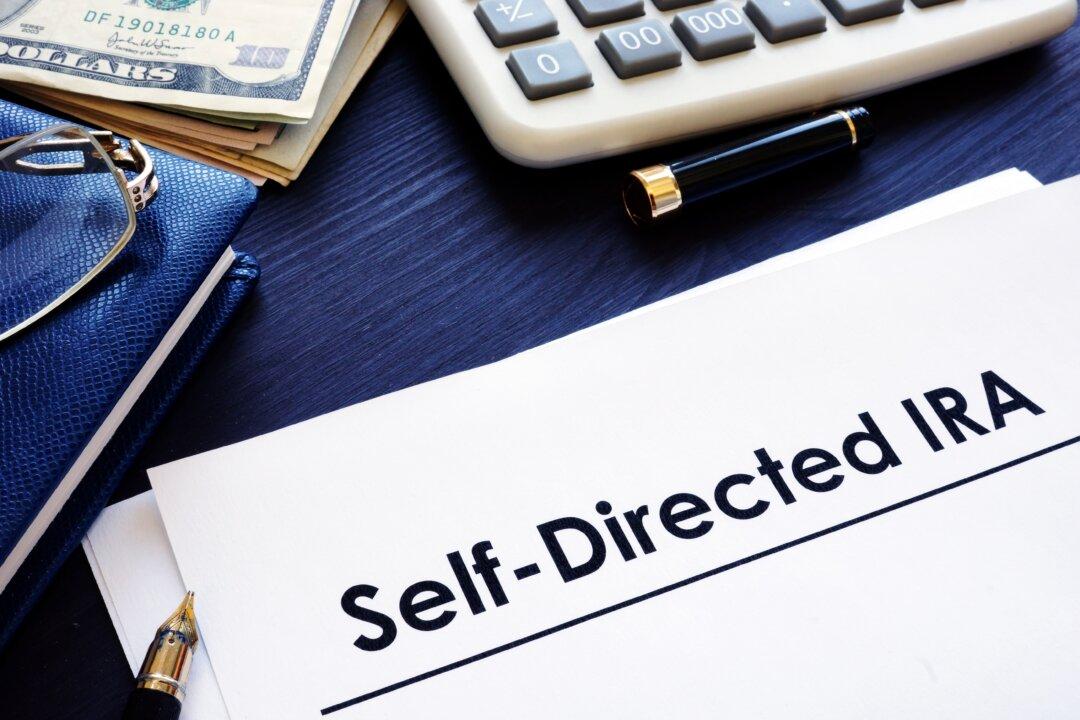Almost anyone can open their own self-directed individual retirement account (SDIRA). While this kind of retirement account does have many of the same features as a traditional IRA, there are enough differences that should make you think twice about getting one and why you may want to avoid them altogether.
There Are Specific Rules
The IRS makes the rules for retirement accounts. An SDIRA is a retirement account and should be considered that way. It needs to be administered by a company that is registered to be able to handle this kind of account. Each custodian can provide education courses to give you the necessary specialized information.Investment Options
Other IRA accounts enable you to choose from many investment possibilities, but they are limited to what they offer, or you can have the custodians select them. In a self-directed IRA, it is entirely up to you to choose which investments you want, according to the IRA Financial Group, because the custodians of SDIRAs do not offer advice.Since you are in control of the SDIRA investment options, it is up to you to watch how they perform. It makes it essential to know about investments before you buy.
Choosing Alternative Investments
Traditional IRAs do not allow investors to choose some alternative investments even though the IRS has approved them. An SDIRA allows you to invest in this kind of investment, and includes:- cryptocurrencies
- real estate
- gold and precious metals
- bridge loans and mineral rights leases
- stocks and bonds
- passive interest in a business partnership
- tax liens






